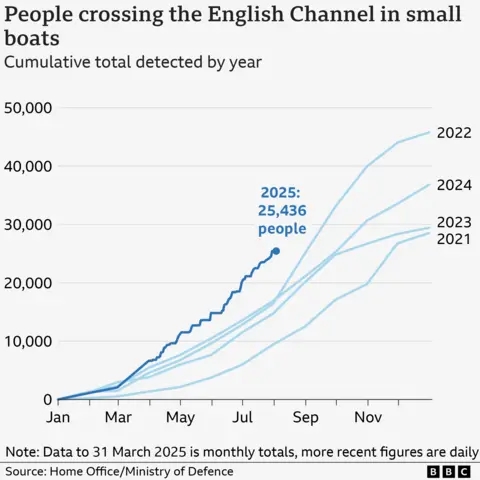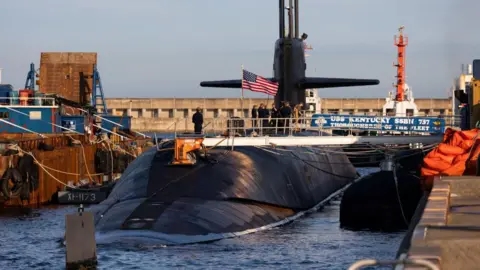Irish officials have expressed cautious relief over the newly negotiated trade deal between the European Union and the United States, though they stopped short of calling it a victory. The agreement, announced on Sunday, imposes a 15% tariff on EU goods exported to the U.S.—half the rate previously threatened by Washington.
Neale Richmond, Ireland’s Minister of State for European Affairs, acknowledged the deal provides much-needed stability for businesses but emphasized that it was far from ideal. “This isn’t something to celebrate, but given the alternative—a 30% tariff—it’s the least damaging outcome,” he said.
Ireland, heavily dependent on U.S. trade, had been particularly vulnerable to escalating tariffs. The agreement also includes provisions for certain products, including pharmaceuticals, to enter the U.S. market duty-free—a critical concession for Ireland’s export-driven economy.
While Irish Prime Minister Micheál Martin welcomed the deal as a step toward stability, he noted that higher tariffs would still make transatlantic trade more costly. Meanwhile, critics described the agreement as a setback, with one former diplomat calling it a “step backward.”
The deal, which requires final approval from EU member states, comes after months of uncertainty over U.S. trade policy. Negotiators will continue working on technical details in the coming weeks.
As the largest EU exporter to the U.S., Ireland shipped goods worth over $81 billion last year. The new framework aims to prevent further economic disruption, though lingering concerns remain over long-term trade relations between the two blocs.









